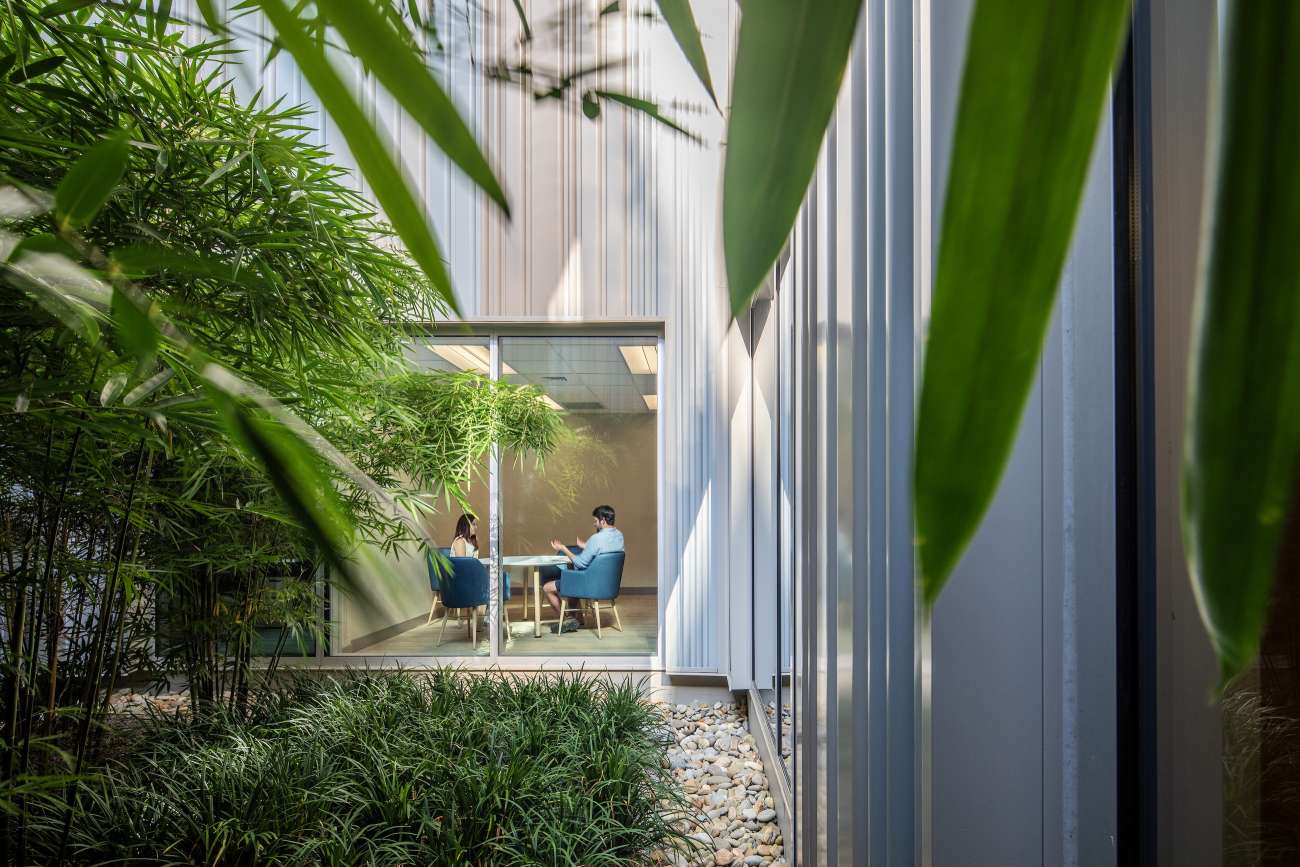Bad Design is Hard on the Body
Healthcare environments serve a uniquely diverse group of users—each with different physical, emotional, and functional needs.
That includes patients of all ages and mobility levels, family members experiencing stress or grief, and clinicians who may be on their feet for 8 to 12 hours a day. This complexity makes healthcare furniture fundamentally different from residential or commercial furnishings. It must perform across a wider spectrum of uses, emotions, and body types—often all in the same space.
When furniture is designed without that nuance—too low, too narrow, poorly positioned, or hard to operate—it doesn’t just underperform; it introduces friction into care delivery. That friction can slow workflows, increase caregiver strain, reduce patient autonomy, and compromise the emotional tone of the environment.
In short, bad furniture makes hard jobs harder—and hard moments even harder.
What’s the Hidden Cost?
![]() Injury Risk and Liability
Injury Risk and Liability
![]() ADA Noncompliance
ADA Noncompliance
![]() Caregiver Burnout and Turnover
Caregiver Burnout and Turnover
![]() Non-Inclusive Design Costs
Non-Inclusive Design Costs


